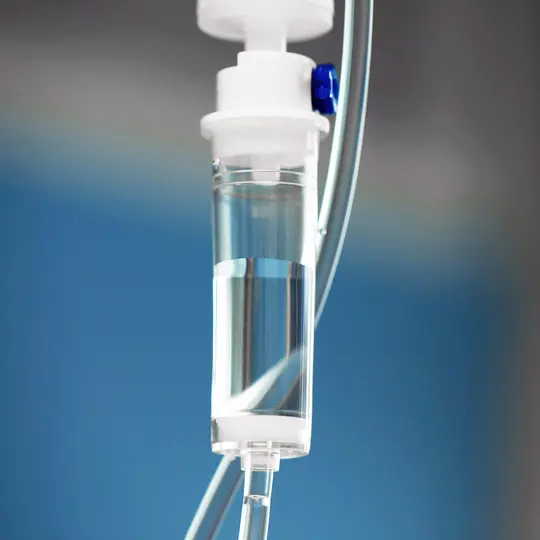1 of 4 / Overview
View All
What Is Colorectal Cancer?
Colorectal cancer, sometimes called colon cancer, starts when cells that line your colon or rectum grow out of control.
Symptoms of Colorectal Cancer
In its early stages, colorectal cancer may not have symptoms. Problems that cause symptoms usually start after it has spread.
Potential Risk Factors
Anyone can get colorectal cancer. Doctors often don't know why it happens, but they know some of the risk factors.
Eating to Prevent Cancer
Proper nutrition and diet are important in helping to prevent many diseases, and colorectal cancer is no exception.
2 of 4 / Tests & Diagnosis
View All
Screening Guidelines
Getting regular checkups and colon cancer screening is the best way to prevent colorectal cancer.
Colonoscopy: What to Know
A colonoscopy looks inside your large intestine for causes of abdominal pain, rectal bleeding, or changes in bowel habits.
What Is a Fecal Occult Blood Test?
A fecal occult blood test looks for signs of problems in your digestive system, such as a polyp or cancer in the colon or rectum.
Dealing With a Colorectal Cancer Diagnosis
After receiving a diagnosis of cancer, it is normal to feel overwhelmed and stressed.
3 of 4 / Treatment
View All
Treating Precancerous Conditions
Several conditions of the colon can lead to colorectal cancer. What are they and how are they treated?
Colon Cancer: Treatment by Stage
The treatment you get for colorectal cancer may depend on the “stage” of the disease.
Monoclonal Antibodies for Treating Colorectal Cancer
Monoclonal antibodies are a specific type of antibody, created in a lab to find and destroy a particular target.
The Facts About Chemotherapy
Chemotherapy is drugs that can kill cancer cells. You might get chemotherapy in many ways, including into a vein or in a pill.
4 of 4 / Living With
View All
Suggested Reads about Colorectal Cancer
What You Need to Know About Colorectal Cancer
This WebMD slideshow focuses on what colorectal cancer is as well as risk factors, screening tests, stages, signs, treatments, and more.
What to Expect With a Colonoscopy
Learn more about what happens during a colonoscopy, how to prepare for it, and how you’ll feel afterward.
Famous People With Colorectal Cancer
Meet some famous people who’ve had colorectal cancer.
Best and Worst Foods to Prevent Colorectal Cancer
What you eat and don’t eat can affect your chances of getting colorectal cancer. Find out more from WebMD about the power of foods to fight colon cancer.
Top Search Terms for Colorectal Cancer
8 million+ Physician Ratings & Reviews
Find Doctors and Dentists Near You
You can also search by physician, practice, or hospital name
Related Links
- Colorectal Cancer News
- Colorectal Cancer Reference
- Colorectal Cancer Slideshows
- Colorectal Cancer Videos
- Colorectal Cancer Medications
- Find an Oncologist
- Book: Take Control of Your Cancer Risk
- Anemia
- Clinical Trials
- Crohn's Disease
- Fatigue
- Inflammatory Bowel Disease
- Screening Options
- Cancer Guide A-Z
- More Related Topics